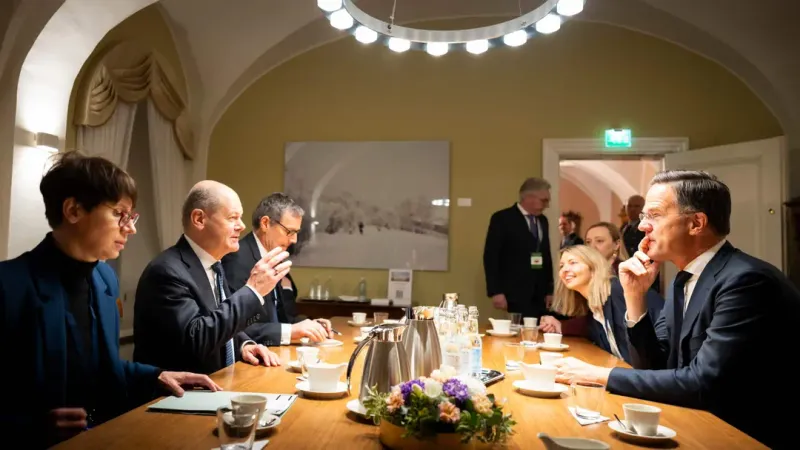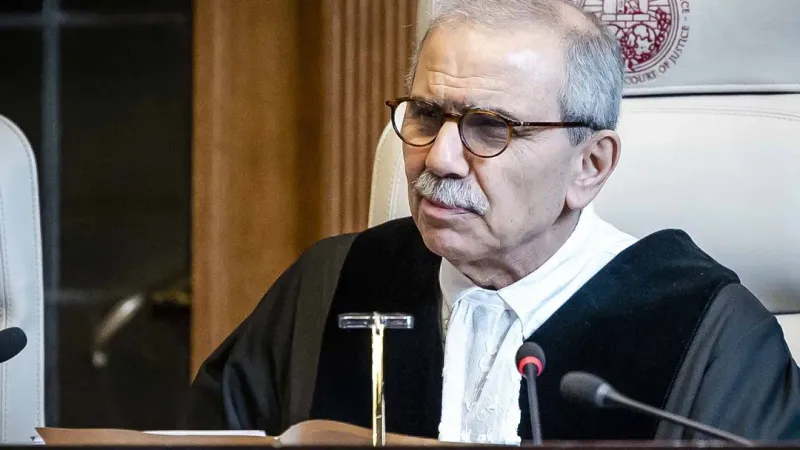EU Reaches Deal to Stop Sending Waste to Developing World
EU legislators and member states have agreed to ban the export of plastic waste to nations outside the OECD — a bloc made up primarily of wealthy countries. The ban, which will begin in the middle of 2026, was reached as world leaders gathered in Nairobi, Kenya, to negotiate a global treaty on...

Facts
- EU legislators and member states have agreed to ban the export of plastic waste to nations outside the OECD — a bloc made up primarily of wealthy countries. The ban, which will begin in the middle of 2026, was reached as world leaders gathered in Nairobi, Kenya, to negotiate a global treaty on plastic pollution.1
- The Parliament said, 'Exports of certain non-hazardous wastes and mixtures of non-hazardous wastes [...] will be allowed only to those non-OECD countries that consent and fulfill the criteria to treat such waste in an environmentally sound manner.'2
- Just 30% of Europe's plastic waste is recycled, while 50% is exported to be processed in non-EU nations.3
- The agreement was made public during UN-led talks to draft a convention reducing plastic pollution. Other features of the deal include the inspection and tougher regulation of shipments to the 38 OECD nations. In five years, non-OECD nations will get another chance to prove their capacity to receive and dispose of waste.4
- Global plastic production output reportedly increased from 1.5M metric tons in 1950 to 359M tons in 2018. As part of the Green Deal, 55% of plastic packaging waste should be recycled by 2030.5
- The European Parliament and the Council now have to formally pass the law in line with the political agreement reached. The regulation will go into effect twenty days after it is published in the Official Journal.6
Sources: 1The Guardian, 2Reuters, 3PBS NewsHour, 4El País English, 5Associated Press and 6Circular Online.
Narratives
- Pro-establishment narrative, as provided by The Guardian. This development indicates that the EU is beginning to acknowledge its role in the global plastic pollution crisis. By banning its exports to non-OECD nations, the bloc is assuming responsibility for its own waste. Only when non-OECD countries demonstrate that they adhere to certain social and environmental standards will EU even consider resuming the exportation of some non-plastic types of trash.
- Establishment-critical narrative, as provided by Politico. The EU's decision to regulate its plastic garbage exports coincided with a growing number of global south nations banning their imports of the same rubbish. China set the example in 2018 and several nations have since followed suit, blocking the import of plastic garbage from the European Union. The bloc has not made a pioneering move — it was forced to this point by other nations tackling this kind of waste colonialism.






